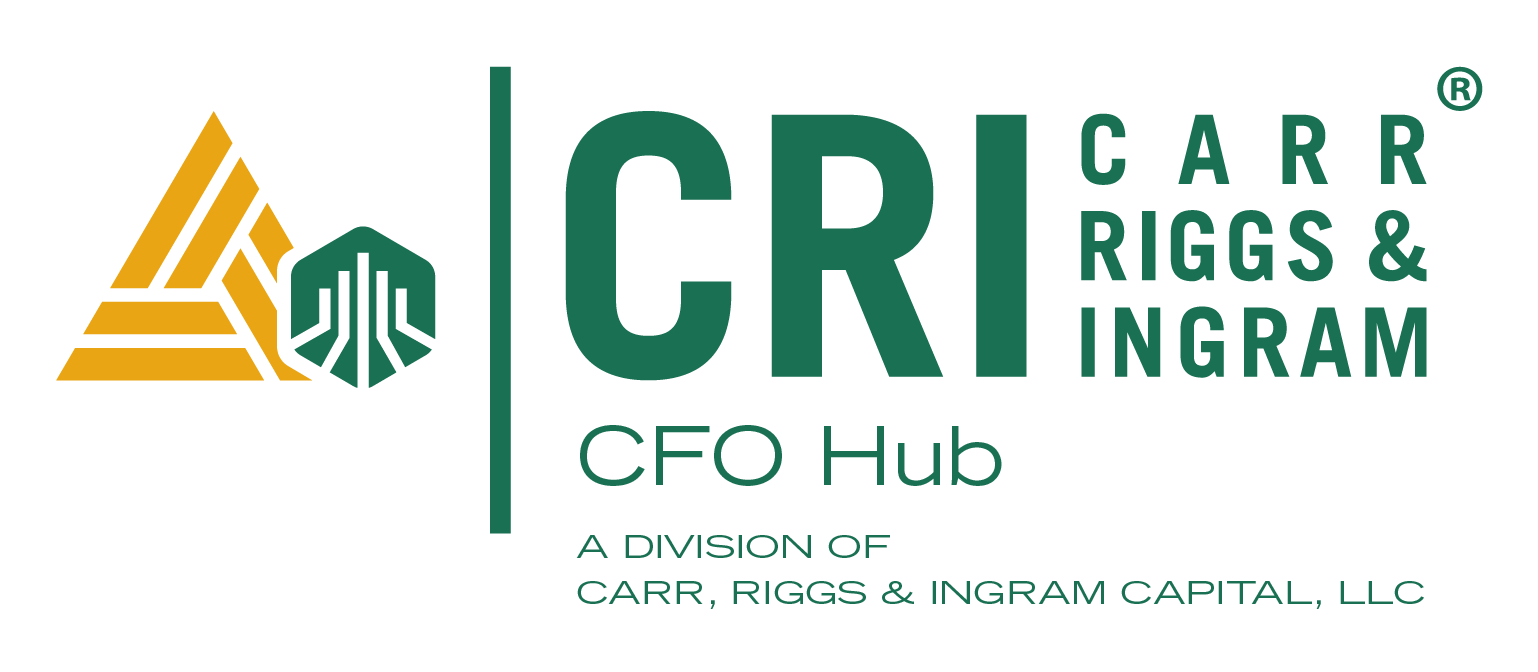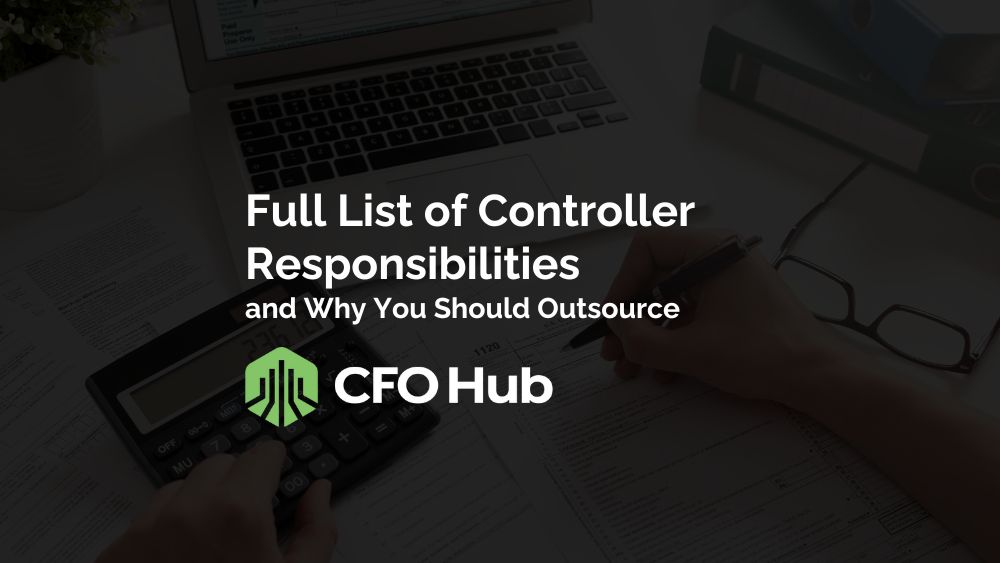Read on to learn why and to find a full list of controller responsibilities.
A Controller’s Responsibilities
Controllers are in charge of the financial reporting process. They set up internal controls, help with budgeting, and ensure the company meets its legal obligations. These responsibilities can incorporate many tasks, including
- Preparing financial reports and verifying their accuracy
- Helping leaders create budgets and financial forecasts
- Analyzing financial data as part of the company’s broader decision-making process
- Managing payroll and the policies around it
- Guiding and training other financial team members
That being said, a controller doesn’t necessarily need to do all of these things for your business. You can split those tasks up among different leaders if you’re trying to avoid the expense of hiring a full-time controller.
| Aspect | In-House Controller | Outsourced Controller |
|---|---|---|
| Cost | Fixed salary and benefits | Pay-per-service model |
| Expertise | Limited to internal knowledge | Access to a diverse team of experts |
| Flexibility | Less adaptable to changes | Highly flexible, scalable services |
Why Outsourcing Your Controller Position Could Be Smart
Financial controllers can bring a lot of value to your business. But they earn an average of about$114,000 annually. That may be too much for your company’s budget. Outsourcing is a solution to that problem and others. Here are three reasons why.
1. Outsourcing Is More Flexible
Small and medium-sized businesses don’t always have complex financial pictures. You may only need a controller’s expertise during certain times of the year. For instance, you want extra help during tax season.
Outsourcing agreements tend to be flexible enough to accommodate this. You can bring in an expert when you need it and then stop paying for them when you don’t. This alone can make outsourcing worth doing financially.
2. Fewer Barriers Between Your Business and the Expertise it Needs
When hiring a controller, it can be hard to attract high-level applicants. The best candidates often focus on opportunities at larger or more established businesses.
This means even if you were willing to pay six figures, adding a skilled controller to your staff could be tough to do in practice. Outsourcing lets you skip that hurdle. All you’d need to do is approach a provider like CFO Hub and say what kind of support you need.
The service provider will quickly match you with an ideal candidate. It’s an easier way to gain access to high-level experts when you need them — not weeks or months from that time.
3. Pay for Only the Services You Need
Finally, you can outsource a controller for just the financial services you need. For example, you don’t have to pay for back-end accounting support if you just want help with compliance.
That sort of arrangement is much harder to reach with a full-time employee. They rightfully expect a salary that reflects their expertise. But if you don’t need all of that experience, you can’t refund the difference. Outsourcing makes it possible to do exactly that as your needs evolve in real-time.
Outsource Your Controller Hire with CFO Hub
CFO Hub connects companies with flexible financial expertise. We can get your business set up with a high-level outsourced controller as soon as your needs dictate. So why wait?Set up a free consultation, and we’ll tell you more about what we can do for your business.
Mark is an accounting and finance professional with over a decade of experience in public accounting and consulting. As both an accountant and entrepreneur, he is passionate about helping clients strategically organize and grow their businesses to reach their goals.
Visit Mark's Expert Hub to learn more about his experience and read more of his editorial content

